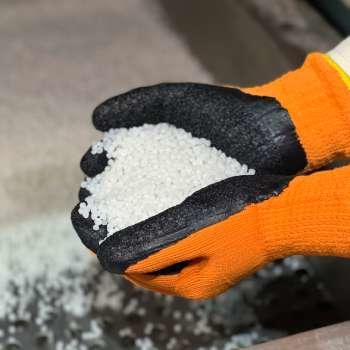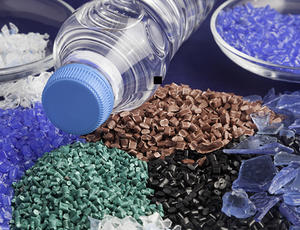We are living at an unsustainable rate. Pressure on our natural resources is only increasing, forcing them toward extinction. MAHB (the Millenium Alliance for Humanity and the Biosphere) supports this, estimating that oil will be depleted by 2050 if we continue to use it as our main source of energy. That means manufacturing, production and transport are all effective. Equally, shortages of water, food diversity and loss of biodiversity will all in turn have detrimental effects to human health and welfare.
The flagship project of Veolia in Bulgaria, related to the circular economy is the Sofia wastewater treatment plant near Kubratovo.
It is the "green pearl" in Veolia’s system of more than 3,000 wastewater treatment plants worldwide. Since 2015, Sofiyska Voda’s plant has been energy independent, producing biogas from the sludge separated in the water treatment and saving over 70,000 t of CO2 emissions per annum. Today, the produced renewable energy exceeds the needs of the facility (117% in 2022), and the surplus covers up to 90% of the needs of the entire Sofiyska Voda. The company plans to ensure the remaining 10% with the construction of a 2.4 MW solar plant. Thus by 2025, Sofiyska Voda will be the first energy neutral company in the region with its own renewable energy.
You can also read about Veolia's partnership with L'Oréal to supply recycled plastic to support the circular economy here.
Making cosmetic packaging with recycled plastic can avoid between 50% to 70% of CO2 emissions compared to a standard bottle. Veolia and L'Oréal have joined forces to reduce the carbon footprint of cosmetic packaging in a circular economy approach. Veolia will thus supply high-quality recycled plastic for L'Oréal's packaging worldwide.
The recycled plastic will be obtained after processing the plastic material present in waste derived from consumer packaging, especially plastic bottles. These must be collected specifically to ensure the purity of the material and require specific processing tools.
In addition, to guarantee maximum health safety for consumers, this recycled plastic used to produce new cosmetic packaging, complies with food industry requirements and is subject to very demanding certifications. In order to meet international certifications*, Veolia has adopted an innovative pelletisation technology based on a system for the elimination of organic compounds to obtain very high-quality plastic, which is currently in very high demand worldwide. The process developed by Veolia makes it possible to obtain a quality equivalent to that of virgin plastic.
* Food and Drug Administration.




